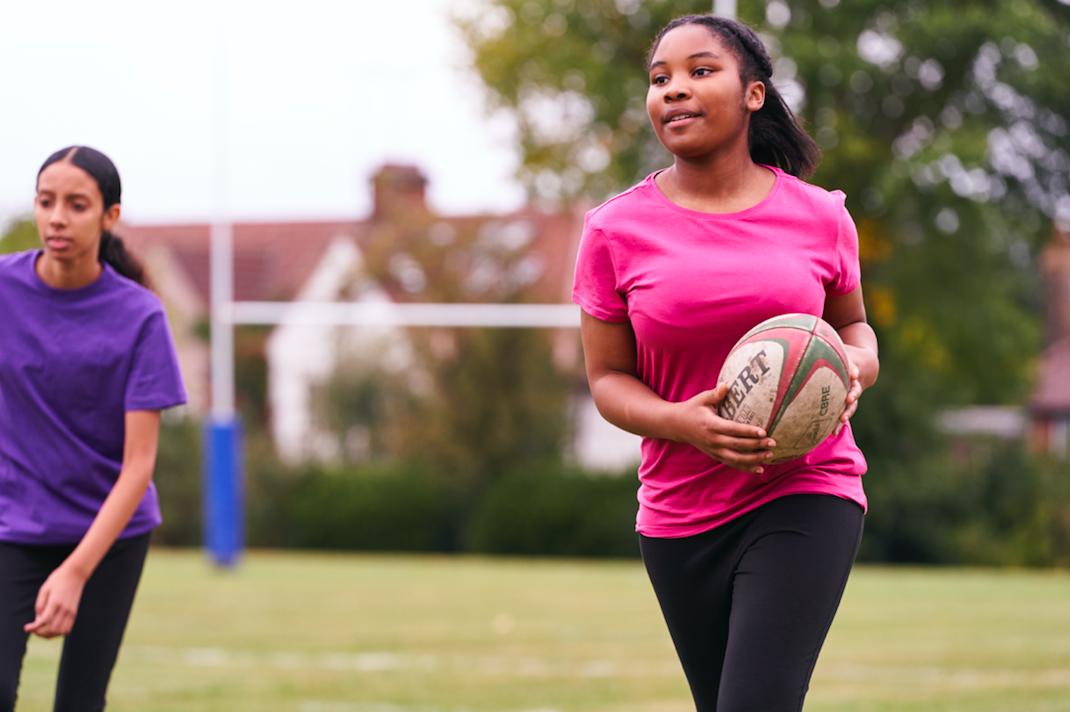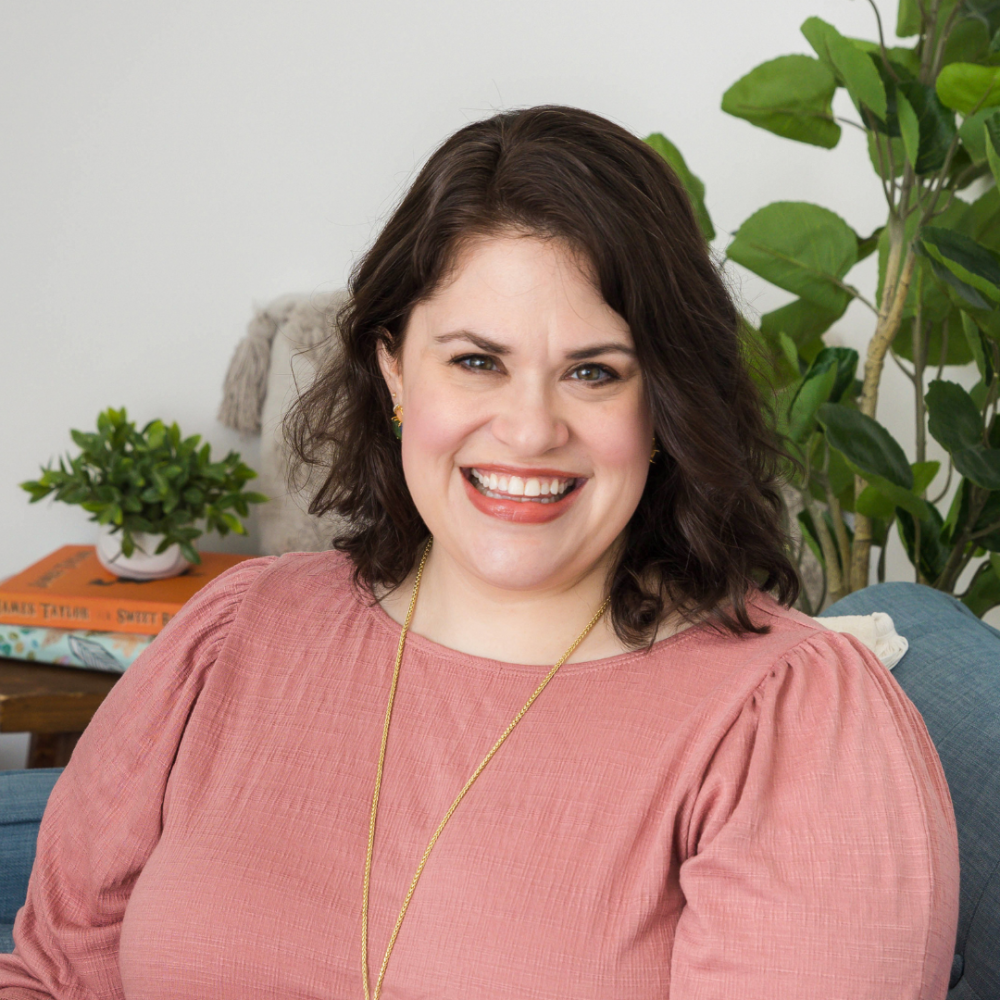
Many fitness-related images we see impart the message that yes, this girl can. The problem is that usually it is just one certain demographic of young women are shown in them.
Since the pandemic started last year, it seems as if the amount of fitness-related social media ads have doubled – if not tripled – in quantity and frequency. Almost all of the posts feature young, seemingly able-bodied, thin white women in coordinated sports bra and leggings sets, smiling while riding a Peleton or doing yoga. The unglamorous realities of “exercising while female” – sweat, cellulite, arm jiggling, kids underfoot, post-baby bodies, hormonal changes and ill-fitting workout gear – are nowhere to be found.
Sport England’s This Girl Can initiative seeks to “help address the misrepresentation of images used in marketing and the media” with a new free image library celebrating women exercising and practicing healthy habits.
The image library – introduced earlier this month on International Women’s Day – was inspired by a recent study conducted by This Girl Can. At least 63 percent of women interviewed said that “seeing slim, toned bodies on social media sites has a negative impact” on how they view themselves.
The study also examined existing stock imagery on the web, analyzing the first 100 photos listed in a Google image search of the phrase “women exercising.” Not surprisingly, 85 percent of the results were of women who appeared to be a U.S. size 6 (U.K. size 10) or smaller. Seventy percent of the women were white, 65 percent looked younger than 35, and only 2 percent appeared to be “out-of-breath, sweaty or red-faced.”
The new This Girl Can stock image collection, however, features women from infants to seniors, of all different body shapes and sizes. There are women with hijabs, women with tattoos, and women who are very pregnant. There are women using adaptive mobility equipment such as walkers. There are even women who are – gasp – sweating!
As of press time, there were almost 1,000 royalty-free images available in the new collection.
“Our aim is to inspire women to become more active and showcase the many fantastic ways they can do so,” said Kate Dale, the campaign lead of This Girl Can, in a release from Sport England. “We know there are barriers women have to exercise, fears of judgment and feeling that they will fail. We are encouraging behavioral change, which can be difficult if women’s misconceptions are often reinforced on a daily basis by the imagery they view in media, advertising and online.”
For six years, This Girl Can has spread the message that exercise is accessible to all. Not only has the campaign inspired hundreds of thousands of women and girls to get active, but it also has opened up national – and international – dialogue over many issues not often discussed by the sports media. For example, the organization’s 2020 video (released shortly before the pandemic) showed a disabled woman using a lift to get into a swimming pool, a woman breastfeeding before playing basketball, and a woman working out to alleviate her menstrual cramps.
This Girl Can is not the only one bringing more women in fitness into the conversation around fitness and sports. Earlier this month, Olympic medalists Sue Bird, Chloe Kim, Simone Manuel and Alex Morgan launched Togethxr, a media company focused on sharing female athletes’ stories through videos, podcasts and photography. Also debuting this month, Nike’s latest ad for its maternity line features pregnant women (obviously), along with a mother pumping breastmilk, a mother in labor and mothers of infants of toddlers.
With changes like these, there is some hope that women’s fitness struggles and successes will finally get the attention they deserve.
“COVID has shown how quickly women sacrifice their own exercise time to care for others,” Dale said in a recent interview with RWL Magazine. “Women need to know now, more than ever, that they are still very much part of the home exercise conversation.”
Image credit: This Girl Can Image Library

Megan is a writer and editor interested in sharing stories of positive change and resilience. She is the author of Show Up and Bring Coffee, a book highlighting how to support friends who are parents of disabled children. You can follow her at JoyfulBraveAwesome.com.














